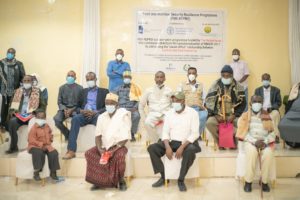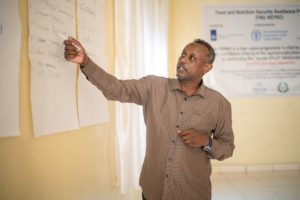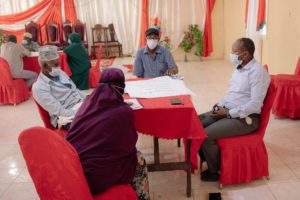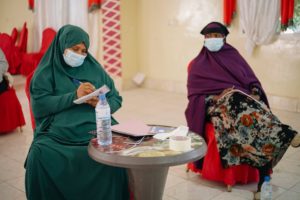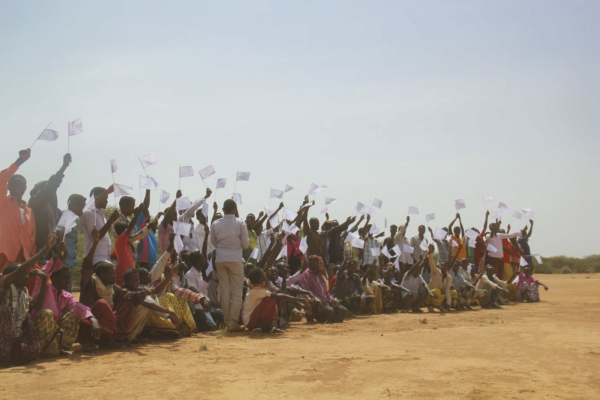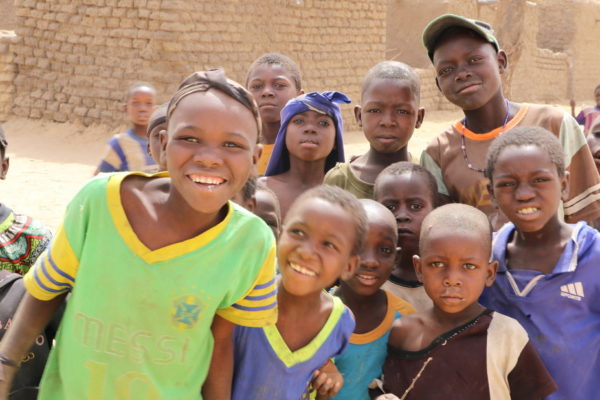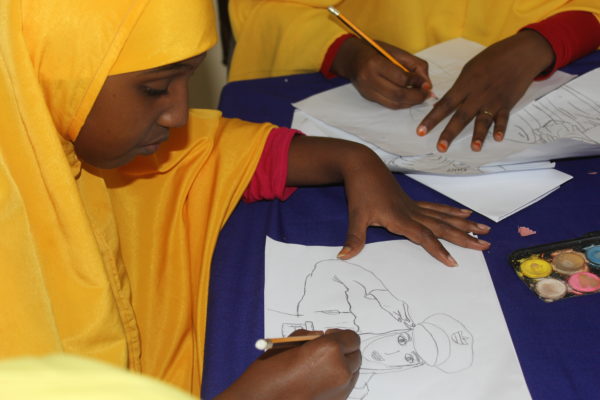Strengthening and sustaining peace: ILO and Interpeace work to expand global peace-responsive approaches
The International Labour Organization has signed a Memorandum of Understanding (MoU) with Interpeace aimed at “operationalizing the ILO’s conflict-sensitive and peace-responsive programming”.
The MoU also aims at encouraging closer collaboration between the two organizations around the Humanitarian-Development-Peace Nexus. The Nexus recognizes that policy and programmatic approaches to employment, decent work, and other interventions in conflict-affected settings do no harm and strengthen prospects for peace.
The MoU is in line with the UN Sustaining Peace agenda that recognizes that achieving development outcomes, and reducing humanitarian need, is dependent upon preventing and transforming violent conflict.
The UN Secretary-General has called on all UN entities to integrate the approach to sustaining peace in their strategic planning.
“We know that there won't be any sustainable development without peace, and there's no peace without development. However, nobody can do it alone and so we need to join forces because peace is everybody's business,” said the ILO Deputy Director-General for Policy Martha E. Newton. “I take this opportunity to thank Interpeace President Scott M. Weber and his staff for our excellent cooperation to date and look forward to continued strong ties between our two institutions.”
“Fair access to decent work and sustainable livelihoods for all groups in society is key to addressing underlying grievances and building trust,” said Scott Weber, President Interpeace. “This MoU signals our joint effort to shift the Nexus from mere policy to practice and our shared interest in building on the resilience of communities with whom the ILO works. It is only when various actors within the system come together, such as Interpeace and the ILO, that we can change how needs are met and peace is sustained.”
Interpeace is an international organization that prevents violence and builds lasting peace through in-country programmes, collaborative partnerships and high-level policy influencing. Interpeace has a strategic mandate to build the peace responsive capacity of development and humanitarian organizations, in particular the United Nations. Interpeace’s work on peace responsiveness, and more specifically the collaboration with ILO, is made possible through the support of Global Affairs Canada.
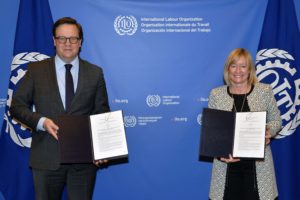
Last year, Interpeace helped the ILO develop organizational guidance to conducting peace and conflict analysis as part of its strategy and project design process. Currently, the ILO is partnering with Interpeace to undertake peace and conflict analyses at the country level in Libya, Cameroon and Sudan. This is aimed at ensuring that ILO programmes explicitly address conflict drivers such as perception of injustice between host communities and forcibly displaced populations, lack of social justice, decent work deficits and unemployment. At the same time, this will reinforce the contribution of the constituents – representatives of governments, employers’ and workers’ organizations – to sustain peace.
It also reflects a historic commitment, as the ILO was founded after the First World War to promote stability and social justice through decent work. This was reaffirmed in the ILO’s Recommendation on Employment and Decent Work for Peace and Resilience (No. 205), adopted by the International Labour Conference in 2017, which provides the key international normative framework and underscores the central role of employment and decent work in crisis situations arising from conflicts and disasters. The ILO has proactively contributed to building and sustaining peace by launching the Jobs for Peace and Resilience flagship programme, and establishing the Coordination and Support Unit for Peace and Resilience (CSPR). Furthermore, with the support of the Swiss Confederation, in 2018 the ILO reinforced its partnership with the UN Peacebuilding Support Office (PBSO) to promote the key role of the Decent Work agenda in sustaining peace.
The MoU reflects a mutual commitment to build on and complement efforts in the areas of awareness-raising and strategy development; knowledge generation, external advocacy and policy engagement; capacity-strengthening and support to programming; collaborative programming; and enhancing the enabling environment for peace responsiveness.
